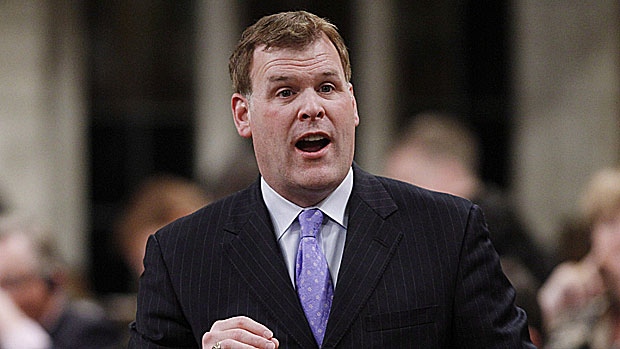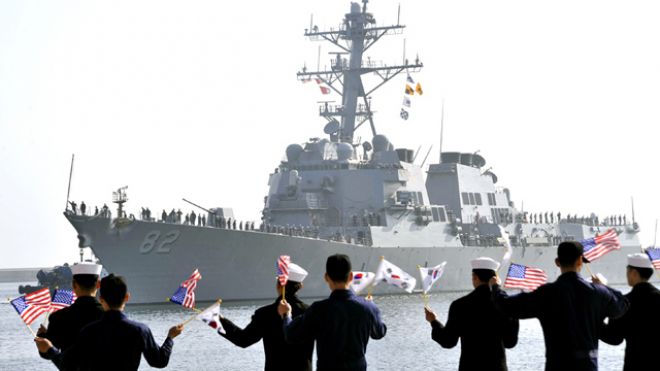
As Canada’s Prime Minister, Stephen Harper has enhanced relations with Israel and based Canada’s foreign policy in the Middle East on an unbending support for Israel’s security interests, putting it at odds with Canada’s sizeable Arab and Iranian communities.
Various aspects of Canada’s foreign policy under the Harper government are reminiscent of George W. Bush’s neo-conservative agenda post-9/11, which is not surprising considering officials who pursued adventurist militaristic policies in the Middle East during the Bush presidency are behind groups currently lobbying on Parliament Hill in Ottawa.
In recent years, many have become familiar with dramatized interpretations of the history of Canada’s relations with the Islamic Republic through films such as Argo and Our Man in Tehran. However, these adaptations fail to address the diplomatic freeze that ensued following the event.
CANADIAN-IRANIAN RELATIONS
Due to Canada’s role in the hostage crisis in 1979-1980, it took seventeen years for the two countries to begin a formal process of normalizing relations by exchanging ambassadors. A conduit to this process was the growing Iranian-Canadian diaspora, which opened up a path for not only consular, but cultural exchanges as well. Perhaps the greatest obstacle to deeper relations has been the death of Zahra Kazemi in 2003, an Iranian born photographer who died while in custody in Tehran.
The election of Stephen Harper’s conservatives in 2006 led to a shift in policy towards Iran. Soon after the election, both governments recalled their respective ambassadors amongst mutual accusations designating the other’s embassy as a “hub for espionage.” Beginning in 2011, sanctions imposed a ban on all imports and exports to and from Iran, and the government has not hesitated to add additional designations to the current sanctions regime.
Despite the recent overture upon the end of Mahmoud Ahmadinejad’s presidency, Canada has ignored opportunities to re-engage with Iran.
Days after the decision to cut ties was announced in 2012, John Mundy, Canada’s last ambassador in Tehran criticized the move. Mundy, who served in Tehran until 2007 insisted that the reasons provided by the government for cutting relations, “are actually reasons why we should stay.”
Despite the reconciliatory tone and initial steps taken by Tehran since the June election of pragmatic-conservative Hassan Rouhani, Canada’s government has remained skeptical. In regards to the nuclear dossier, Iranian diplomats recently came to agreements with both the P5+1 and the International Atomic Energy Agency (IAEA) that will reduce Iranian stockpiles of enriched uranium and allow for an extensive monitoring regime in exchange for modest sanctions relief.
Canada, in its stance as “deeply skeptical” of the agreement, stands alone with Israel in contrast to reactions from Gulf states and Saudi Arabia who welcomed the deal and expressed hope that a comprehensive agreement will follow. On the eve of the United National General Assembly last September, Rouhani’s government released approximately forty political prisoners; among them was Iranian-Canadian Hamid Ghassemi-Shall. While Ghassemi-Shall had spent four years on death row in Iran before his return to Toronto, the other Iranian-Canadian on death row, Saeed Malekpour, had his sentence commuted to life imprisonment.
Despite the recent overture upon the end of Mahmoud Ahmadinejad’s presidency, Canada has ignored opportunities to re-engage with Iran.
While the United Kingdom and the United States have historically played important roles in shaping Canada’s foreign policies, Minister Baird contends that the Harper administration’s foreign affairs policy is independent of foreign influence and therefore “made-in-Canada.” It appears that the government has taken an ideological approach to policy making, represented by the administration’s wary response to the interim agreement struck in Geneva. Even following a very public thaw of US-Iranian relations which saw an unprecedented phone call between the two nation’s leaders, Baird was “concerned that there is a little too much enthusiasm” about Iran’s overture.




